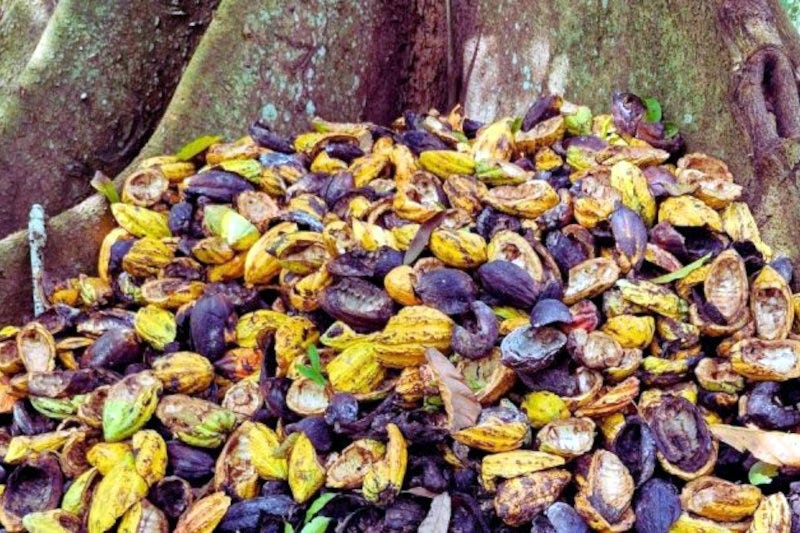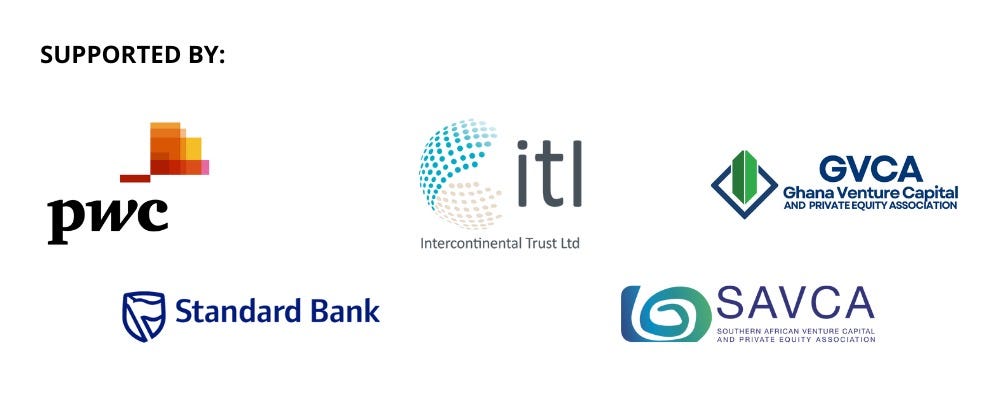Côte d’Ivoire: Climate Fund Managers in cocoa waste-to-energy deal
Climate Fund Managers and Société Des Energies Nouvelles have signed a $3 million development funding agreement.
** For the best experience, download the free Africa Private Equity News app Android | iOS **
Climate Fund Managers (CFM), a climate-focused blended finance investment manager, and Société Des Energies Nouvelles (SODEN), an Ivorian independent power producer (IPP) specialising in biomass, have signed a $3 million development funding agreement to co-develop the Divo Biomass Project – the world’s first grid-connected cocoa waste-to-energy power plant.
Located in Divo, a major cocoa-producing region 200km north of Abidjan, the 76 MW facility is being developed as a public-private partnership.
The project is being financed through CFM’s Climate Investor Two (CI2) fund, a blended finance facility focused on water, waste, and oceans infrastructure in emerging markets. Blended finance involves the strategic use of public capital to remove or reduce investment risk, enabling private capital to participate at a risk-return profile that meets its requirements.
CI2 comprises a Development Fund, which absorbs early-stage risk and a Construction Equity Fund that mobilises private investment into construction. The $3 million commitment to the Divo project comes from the Development Fund, with up to $35 million in equity envisioned from the Construction Equity Fund at financial close in 2026.
Darron Johnson, regional head of Africa at CFM, said: “This project demonstrates the vital role of blended finance in bringing complex, first-of-its-kind infrastructure to life in frontier markets like Côte d’Ivoire. By using public capital to fund early-stage development, we can unlock private capital at scale – delivering not only clean energy and rural livelihoods, but also setting a precedent for future investment in the country.”
Côte d’Ivoire produces over 45% of the world’s cocoa. For every tonne harvested, more than 13 tonnes of waste, such as cocoa pod husks and bean shells, are left to rot at the farm gate. This releases harmful methane, contributes to plant disease and represents a missed economic opportunity for farmers.
The Divo project will convert this waste into renewable electricity, reducing emissions and creating a new income stream for cocoa farmers. By sourcing feedstock from existing agricultural waste streams and end-of-life rubber trees, the project avoids the need for land conversion or deforestation, while making productive use of underutilised biomass.
Stay ahead in Africa's private equity and venture capital sector with Africa Private Equity News’ monthly Dealmaker’s Log – a database of reported investment deals, exits, and fundraising closes. Subscribe here



